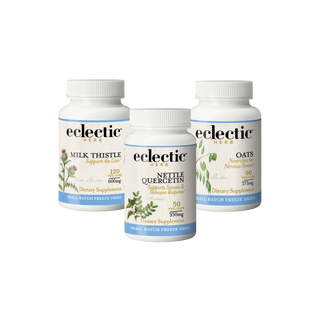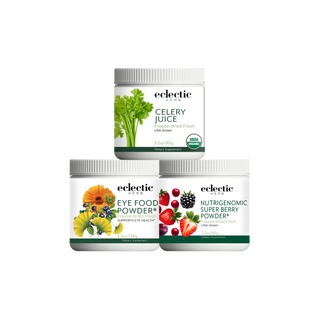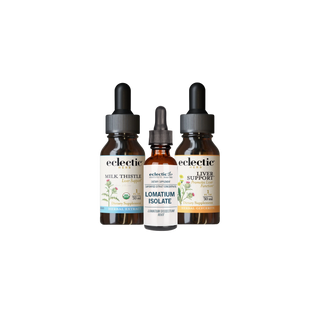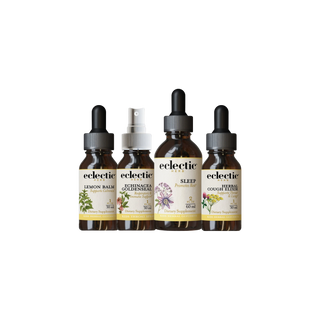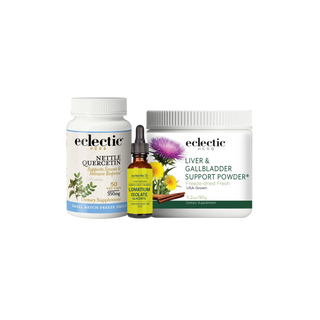
Rosemary (Rosmarinus officinalis), a perennial herb with fragrant, needle-like leaves, is celebrated worldwide not just for its culinary uses but also for its rich history and numerous health benefits. This blog post delves into the multifaceted world of Rosemary and explores its history, health benefits, growing conditions, and uses.
Historical Significance of Rosemary:
Rosemary, native to the Mediterranean's rocky areas, has a rich history dating back to ancient Greece and Rome. Its Latin name, Rosmarinus, meaning "dew of the sea," reflects its coastal origins. Greek scholars wore it for memory enhancement, and it was a staple in Charlemagne's royal gardens. Its use extended from personal fragrances, as in Napoleon Bonaparte's Eau de Cologne, to cultural and literary references, including in Shakespeare's plays. Traditionally, rosemary has been a symbol in both marriage and burial rites worldwide, known for its beneficial properties.
During the Black Plague in Europe, rosemary was highly valued as a supposed protective ward. Ancient Roman texts by Pliny the Elder, Galen, and Dioscorides praised its memory-supporting benefits, and 16th-century authors like Bancke recognized its health potential.
Rosemary's culinary journey began in the 13th century, becoming a favorite in Spanish cuisine and spreading globally. It's now commonly used as a supplement offering antioxidant benefits. This herb's journey from ancient times to modern kitchens highlights its enduring appeal and versatile uses.
Health Benefits of Rosemary:
- Cognitive Benefits: Rosemary is celebrated for its ability to enhance memory and concentration. The herb is rich in antioxidants like carnosic acid and rosmarinic acid, which protect brain cells and improve blood flow to the brain, potentially slowing cognitive decline.
- Anti-aging and Antioxidant Powerhouse: Its potent antioxidants combat oxidative stress and promote overall health, giving it promise as an anti-aging powerhouse.
- Neurological Protection: Rosemary has shown promise in neurological health and is an anti-aging powerhouse. It may also promote eye and vision health.
- Digestive Health: Known for aiding digestion, Rosemary can support healthy digestion and it has properties that can help soothe the digestive tract.
- Immune Support: The herb is also known for its immune-supportive properties, that bolster the body's immune system. It can help improve the body's resilience.
The Benefits of Freeze-dried Rosemary:

Freeze-dried Rosemary offers a concentrated form of this herb's benefits, making it a valuable addition to a wellness regimen. By freeze-drying, the essential oils and nutrients of Rosemary, including its high antioxidant content, are preserved more effectively than in traditional drying methods. These antioxidants play a crucial role in combating oxidative stress in the body and supporting overall health. Rosemarys cognitive-enhancing qualities, particularly in memory and concentration, are retained in the freeze-dried form, making it a handy supplement for mental clarity. This form of Rosemary provides a convenient and potent way to incorporate the herb's myriad benefits into daily life in the form of a supplement.
Growing your Own Rosemary:

Growing Rosemary at home is both rewarding and straightforward, ideal for beginner gardeners. This hardy herb loves well-drained soil and thrives best in full sunlight, making it perfect for outdoor gardens or a sunny spot on a windowsill. Rosemary is a very low maintenance plant that needs minimal water once it's established. Rosemary is an easy addition to any home garden and offers both culinary uses, health benefits, and delightful fragrances.
Our Favorite uses of Fresh Rosemary

Fresh Rosemary, with its distinctive aroma and flavor, has many delightful uses for culinary creations and in daily life. In the kitchen, it's a versatile herb that can transform simple dishes into aromatic masterpieces. Try adding sprigs of fresh Rosemary to roasted meats like chicken, lamb, or beef for an infusion of earthy flavors. It also pairs wonderfully with roasted vegetables, imparting a subtle, piney taste. For a creative twist, use its sturdy stems as skewers for grilling. Beyond savory dishes, Rosemary can be a surprising yet delightful addition to sweet recipes, such as lemon cakes or fruit jams, offering a complex flavor profile. In addition to cooking, Rosemary sprigs can be used in homemade potpourris or as a natural air freshener, bringing a refreshing scent to your home. It’s also popular in DIY skincare for its potential benefits for hair and scalp health.
Conclusion:
Rosemary is more than just an herb for culinary delight; it's a symbol of remembrance, a tool for health, and a versatile addition to any home. Whether you use it to enhance your meals, improve your health, or simply enjoy its aromatic presence, Rosemary is truly a treasure of the herb world.

